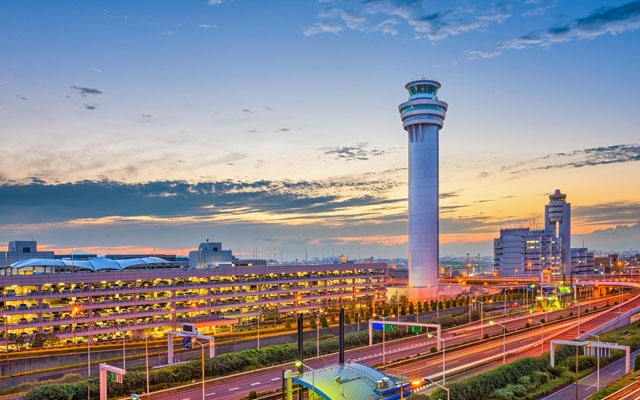Japan is upgrading its air traffic control system to increase flight capacity at its Tokyo hubs in anticipation of inbound tourism growth in excess of pre-pandemic levels in the mid- to long-term.
By spring 2025, the country’s four regional air traffic control centres will be merged into three: one managing high-altitude flights (above 10,000km) and two covering low-altitude flights (one for the east and one for the west). The consolidation will enable the network to manage two million flights annually, an increase of 10 per cent on current capacity.

By fiscal 2024, the government will also centralise flight routes, take-off and landing times and other information by creating a digital system based on International Civil Aviation Organization standards.
In tandem, Haneda International Airport in Tokyo and Narita International Airport in Chiba Prefecture are adding flight slots and plan to increase their total capacity to one million flights per year by 2029, up from 830,000 flights handled in 2020.
According to Japan’s Ministry of Land, Infrastructure, Transport and Tourism, slot expansion at these two airports are among their top priorities to boost tourism and Tokyo’s standing as a major international gateway.
The Japanese government is eager to welcome inbound growth as it strives to reach its target of 60 million international visitors annually by 2030 and prepares for international air passenger numbers to reach pre-Covid levels by 2024, as predicted by The International Air Transport Association.
Indeed, the return of international airline capacity to Japan is growing steadily, with December 2022 figures only 54 per cent down on December 2019. In comparison, calendar 2022 data was 77 per cent down on calendar year 2019, indicating a significant uptick in travellers in the latter part of last year following Japan’s reopening in October 2022.


